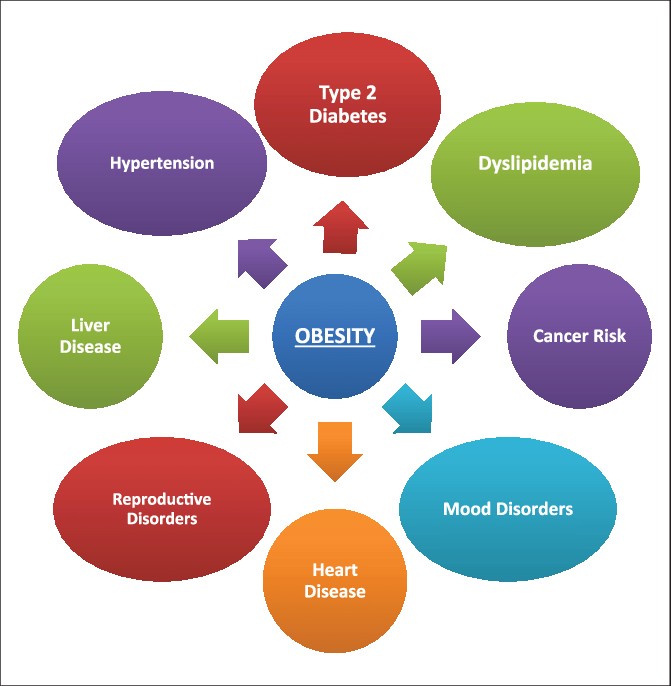The study’s most startling conclusions show that young afflicted children had an alarmingly high death rate, mostly as a result of serious lung and gastrointestinal illnesses.

An international team of researchers from the University of Cambridge, France, and Pakistan have investigated the health of the world’s largest cohort of severely obese children with genetic mutations in three essential body weight and appetite-regulating genes: leptin (LEP), leptin receptor (LEPR), and melanocortin 4 receptor (M).
The study was led by Professor M. Arslan of Forman Christian College, Lahore and Professor Philippe Froguel of University of Lille, France.
The study entailed a thorough evaluation of the clinical condition of the children and for the first time identified rates of child mortality and serious sickness, as well as their levels of physical activity and social behavior, such as school attendance.
The study highlights the immediate risks to health and education posed by extreme childhood obesity caused by a leptin signaling defect, and it urgently calls for the deployment of effective therapies that are now accessible in this nation.
The Severe Obesity in Pakistani Population (SOPP) study is a large group of severely obese children from consanguineous Pakistani families, and the article “High Morbidity and Mortality in Children with Untreated Congenital Deficiency of Leptin or Its Receptor” published in Cell Reports Medicine* provides a thorough evaluation of the SOPP study.
This cohort of patients with LEP, LEPR, or MC4R deficits undertook a thorough retrospective investigation to track the course of the condition and how it affected their general health.
The study’s most startling conclusions show that young afflicted children had an alarmingly high death rate, mostly as a result of serious lung and gastrointestinal illnesses. Additionally, a significant portion of children who survived with LEP or LEPR deficits had to deal with potentially fatal lung or gastrointestinal infections.
This study represents a substantial advancement in our understanding of the long-term clinical effects of childhood extreme obesity associated with genetic causation. It is anticipated that these findings would motivate the medical community and health administration to take swift action to solve this urgent healthcare issue in this nation.